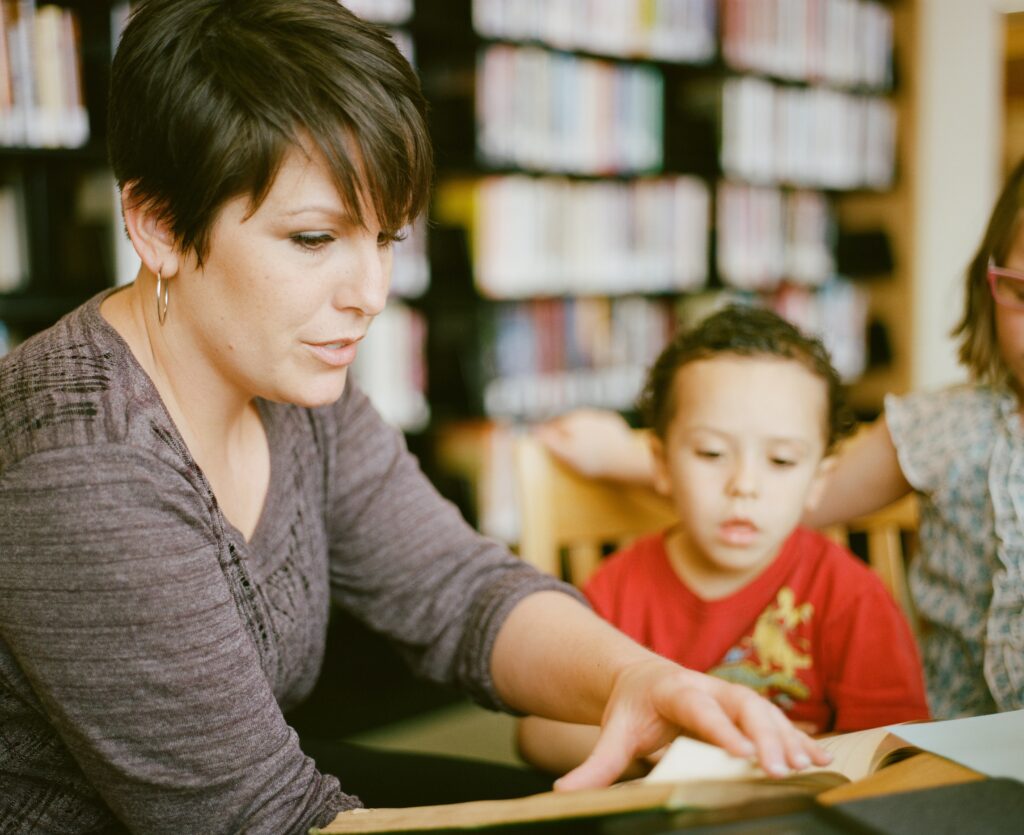Psychoeducational & Psychological Assessment
Family Life Psychology & Wellness specializes in providing psychological and psychoeducational assessments as consultants both in schools and in private practice. We provide follow-up learning and behavior support after completing the assessment process. We provide the following assessments:
TYPES OF PSYCHOLOGICAL & PSYCHOEDUCATIONAL ASSESSMENTS
- Learning Disability & Early Childhood/Pre-School Assessments (Typically 10-14 hours)
- ADHD, Gifted, and Intellectual Disability Assessments (Typically 7-9 hours)
- Cognitive Assessment (Typically 5-7 hours)
- Mental Health Assessments (Typically 4-6 hours)
- Autism Assessments (Typically 15-20 hours)
- Emotional/Behavorial Assessments

Assessment Process:
- First Consultation - The parent will discuss with the psychologist the reasons for seeking support. You will be asked a series of questions to gain insight into the main concerns. By the end of the consultation you will make a plan together about how to proceed. Several questionnaires may be requested to be completed before or during the assessment process.
- Teacher/Caregiver Interview - Depending on the age of the individual, your psychologist may request a brief phone interview with a teacher or other caregiver. Having various perspectives helps shed light on the challenges across settings.
- File Review - Review of the individuals history, including educational and assessment history, and other background information. This includes reviewing report cards, previous reports, and assessments.
- Testing Activities - The client will come to our office. The testing activities are often fun and engaging. Most enjoy the activities and it is a highly positive experience. Mental health assessments focus more on clinical interviews with the individual and family, if applicable.
- Interpretation and Report Writing - Your psychologist spends time interpreting the results of testing, history, and questionnaires, consulting with the team, and reviewing the information collected. It is then written it into a comprehensive report with thorough recommendations and guidance for next steps. This complex process aims to provide the answers you are seeking and offers a formal document with which to access supports and services.
- Debrief Meeting - At this appointment you learn all about the results and conclusions. Upon leaving this appointment you and your psychologist will set goals and next steps for supports at home, school, or elsewhere, based on the unique profile and diagnostic picture.
- Next Steps - Recommendations will be made so that you and your family have a plan and some clear guides on what supports would be best. Parenting sessions and follow up counselling may be suggested and can be scheduled within Family Life Psychology & Wellness if desired.
DOES MY CHILD NEED A PSYCHOLOGICAL ASSESSMENT?
When a person is having trouble making progress in school, is struggling with academic skills (e.g., reading, writing, math), attention problems, or anxiety, or is demonstrating exceptional skills and may need more of a challenge, an assessment helps gain more information as to what supports are needed. The process is very thorough, comprehensive, and explores all possible psychological factors that may be impacting learning (e.g., learning disabilities, intellectual differences, social-emotional challenges, problems with attention, and so on). This type of assessment requires a specialized psychologist. Benefits of assessment may include
- Provide a clear diagnosis for academic programming at school
- Identify strengths in a child's learning profile for teachers to support in class
- Identify needs/weaknesses in a child's learning profile
- Access resources in the school and community
- Plan for future supports and growth
- Provide practical strategies for parents and teachers to further support the child

